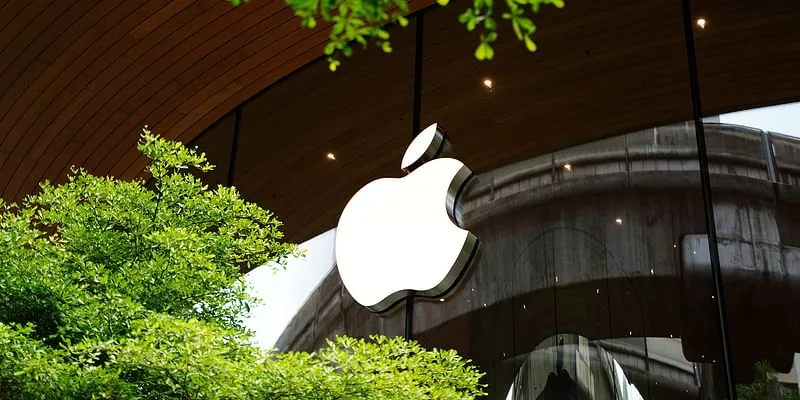Apple Vs. Nvidia: Who will hit the $4 tn market cap first?
Will Apple or Nvidia reach the $4 trillion market cap? Find out now!
Apple and Nvidia are two of the most powerful names in the tech world today, each boasting market caps well over $3 trillion. With both companies at the pinnacle of innovation, the race to be the first to reach the $4 trillion market cap is heating up.
So, who will get there first? Let’s take a deeper look at the factors that might determine whether Apple or Nvidia will lead the charge.
Will Apple be the first to reach the $4 trillion milestone?

Currently, Apple holds a slight edge over Nvidia in market cap. At nearly $3.7 trillion, Apple is ahead of the AI chipmaker. Undoubtedly, Apple’s market position is supported by its established brand, large user base, and dominance in the smartphone market.
While Nvidia has been riding high on its artificial intelligence (AI) growth, Apple's diverse business model allows it to rely on more than one sector for development. More importantly, the company also aims to benefit from the growing AI trend.
Although Nvidia leads the AI chip market, Apple is not far behind. The company has already been integrating AI into its products and services like “Apple Intelligence,” that will enhance user experience. Features like an upgraded Siri and AI-driven photo and email features will roll out in 2025, potentially driving customer interest and boosting revenue growth.
While Nvidia benefits from AI’s boom, other companies are developing competing chips. For example, Google recently launched its quantum chip "Willow," while Amazon has started using its own chips for AI. This could pose potential risks to Nvidia’s growth, whereas Apple’s diversified business model might allow it to face market fluctuations smoothly.
Nvidia’s meteoric rise: Can it continue?

Nvidia has seen an extraordinary surge in its stock price, up by more than 330% over the past three years according to The Motley Fool. While this rapid growth raises concerns about the stock nearing its peak, the reality is that Nvidia’s position as a leader in AI chips is extremely valuable.
As AI continues to revolutionise industries, demand for Nvidia’s chips is expected to remain high. Nvidia’s growth trajectory is impressive. For example, in its most recent quarter, the company reported a 94% increase reaching $35.08 billion in revenue.
The company’s role in the AI revolution makes it a crucial player in the tech sector. As businesses increasingly turn to AI tools, Nvidia stands to benefit. If it continues to post strong earnings and demand for its chips remains high, it could continue to experience significant growth soon.
However, Nvidia does face challenges that are not present for Apple. While Apple is making strides in AI, Nvidia has competitors are also intensifying their efforts to produce AI chips.
Additionally, Nvidia could encounter regulatory hurdles, especially in China, where an antitrust investigation may complicate its growth prospects. If Nvidia fails to meet investor expectations in the upcoming quarters, its stock may come under downward pressure, making the pathway to a $4 trillion market cap less certain.
The race is on!
Both Apple and Nvidia have the potential to become the world's first-ever 4 trillion firm. Nvidia, with its cutting-edge leadership in AI, is undeniably an exciting growth stock that captures attention. On the flip side, Apple’s extensive market presence and its burgeoning AI initiatives position it well in the race. But there's no doubt both these firms will continue playing a major role in the tech sector for years to come!








